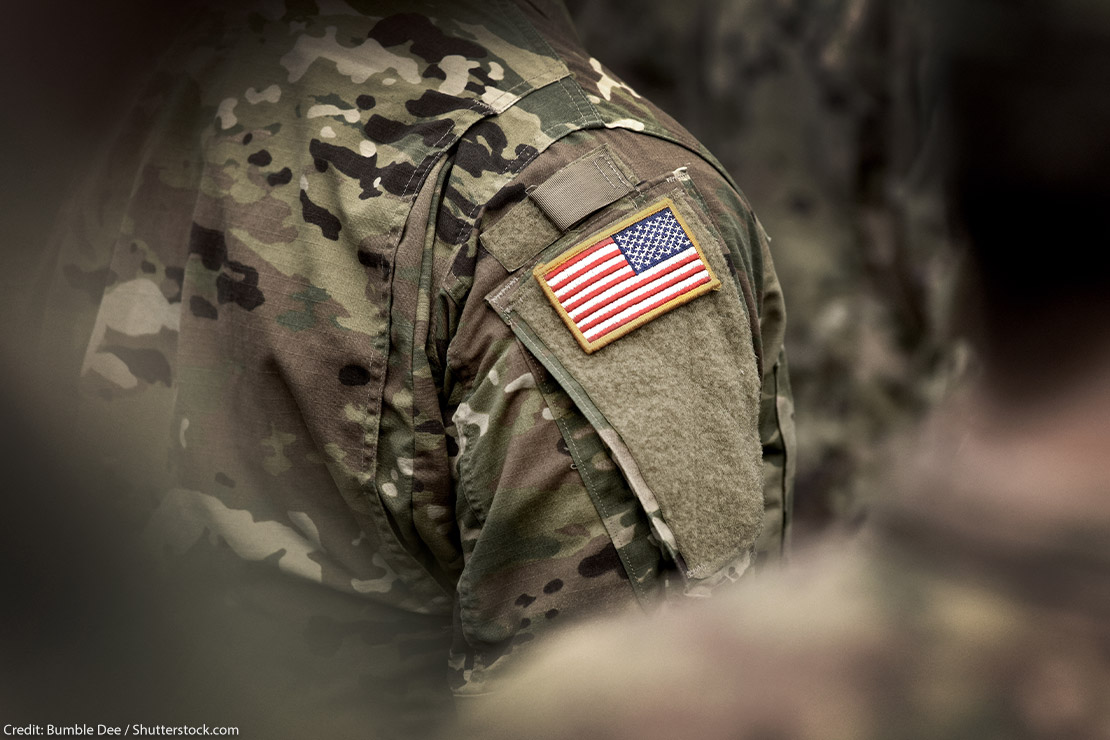Combat Exclusion Policy for Women
For decades, the ACLU has worked in the courts and in Congress to end the combat exclusion policies that prevent women from serving alongside their fellow servicemen in combat arms units. In the 1970s, the ACLU sued successfully to overturn prohibitions against women serving aboard ships. The ACLU has also testified before Congress to remove restrictions on women serving in combat. We testified:
Men do not have a monopoly on patriotism, physical ability, desire for adventure, or willingness to risk their lives. Until both the responsibilities and the rights of citizenship are shared on a gender-neutral basis, women will continue to be considered less than full-fledged citizens.
Repeal of the Combat Exclusion Policy and the Way Forward
On January 23, 2013, then-Secretary of Defense Leon Panetta rescinded the ban on women serving in ground combat units and set forth a plan to implement this policy change. The ACLU welcomed this victory with cautious optimism. Thousands of positions, as well as entire career fields and combat arms schools and training programs, remain closed to military women. It’s time to end the discriminatory practice of excluding servicewomen from competing for positions. We also want to ensure that the Defense Department provides a path forward to leadership for the generation of women, like our clients, who fought valiantly and proved themselves in combat in Iraq and Afghanistan under the old policy. Otherwise, the military will lose talented, experienced, and skilled servicewomen. Our lawsuit keeps the pressure on DoD and the Service Branches to move swiftly and efficiently to open the field of competition to all service members.
Case
Hegar v. Panetta
In November 2012, the ACLU, the ACLU of Northern California, and the law firm Munger, Tolles & Olson LLP filed a lawsuit, Hegar et al. v. Panetta, in which we represent four servicewomen and the Service Women’s Action Network (SWAN) in a challenge to the Defense Department’s longstanding policy barring women from thousands of ground combat positions.

Service Women's Action Network v. Esper
The American Civil Liberties Union, the ACLU of Northern California and the law firm Munger, Tolles & Olson LLP are representing four servicewomen...
Source: American Civil Liberties Union
Hegar v. Panetta Plaintiff Profiles
The four plaintiffs in Hegar all completed tours in Iraq or Afghanistan, where they served in combat or led female troops who went on missions with combat infantrymen. Despite their courageous service, the combat exclusion policy limits their opportunities for further service, restricts the extent to which they could and can train with combat units, and makes it harder for them to do their jobs.
Combat Exclusion Resources
Combat Exclusion Blogs
Read the most recent blog posts on the combat exclusion policy.

Women in the Military
The ACLU works in courts, legislatures, and communities to defend and preserve the individual rights and liberties that the Constitution and the...
Source: American Civil Liberties Union
Combat Exclusion Factsheets
The ACLU has championed the rights of servicewomen since the earliest days of the Women’s Rights Project. In the 1970s, the ACLU fought for the right of qualified women to compete for combat positions, and for the right of servicewomen to receive the same benefits as men. Throughout the decades, we have continued this advocacy. We have defended the rights of pregnant servicewomen and advocated for servicewomen to have access to emergency contraception and abortion.
Read more about the ACLU's work to end discrimination in the armed forces
Read the ACLU's factsheet on combat exclusion policy (Hegar v. Panetta)